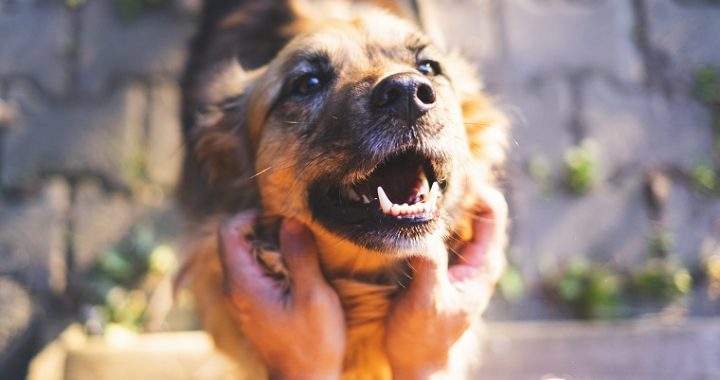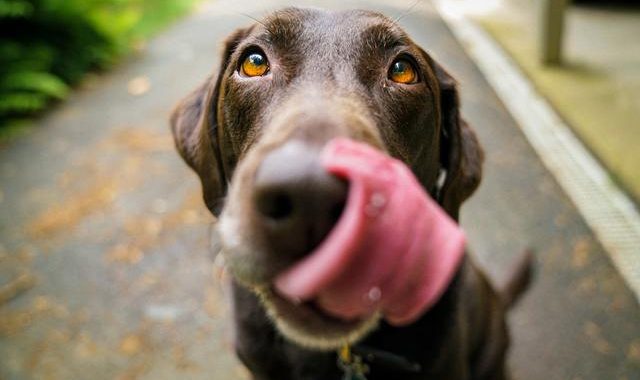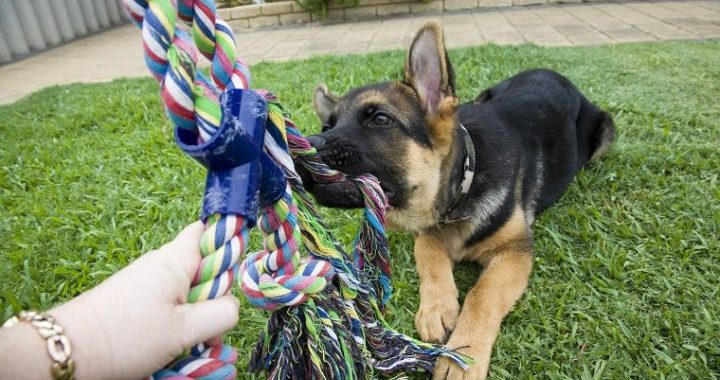Canines Can Tell When You’re Lying And Will Ignore You Because Of It, New Study Finds

Canines Can Tell When You’re Lying And Will Ignore You Because, Of It, New Study Finds
The logical exploration is in: canines can really tell when you’re lying — and will even overlook you as a result of it.
In a new report by Austrian specialist Ludwig Huber, 260 canines were given two covered dishes. One bowl was unfilled and the difference was loaded up with food. An individual would then give the canine the two dishes, recommending that the canine eats out of the full bowl by saying, “Look, this is excellent!”
Then, at that point, when that trust was set up, the group had the canines watch an alternate individual move the food from the principal bowl to the second. The first individual who recommended the food was either in the space to observe the switch or was momentarily missing so the canine realized that they were unconscious the food had been exchanged.
In the two cases, the individual would later suggest the principal bowl that was currently vacant. 66% of the canines in the trial really overlooked the individual who saw the food switch and suggested the now-vacant bowl, going to the food-filled bowl all things considered.

This response was astounding to specialists, as past investigations have shown that youngsters and primates will believe the individual disclosing to them that there’s food in the primary bowl — regardless of whether the scientist saw the food being exchanged. Little youngsters and non-human primates were in reality considerably more liable to follow the individual’s lie and approach the unfilled compartment.
This might be because the youngsters and primates believed the individual over what they could witness for themselves, Huber said. Yet, canines, shockingly, were unique.
“We figured canines would act like kids under age 5 and chimps, however presently we hypothesize that maybe canines can get when somebody is being tricky,” Huber revealed to New Scientist. “Perhaps they think, ‘This individual has a similar information as me, and is by and by giving me some unacceptable [information].’ It’s conceivable they could consider that to be purposefully deceptive, which is lying.”
“We figured canines would act like youngsters under age 5 and chimps, yet presently we estimate that maybe canines can get when somebody is being tricky,” Huber revealed to New Scientist. “Perhaps they think, ‘This individual has a similar information as me, and is by and by giving me some unacceptable [information].’ It’s conceivable they could consider that to be purposefully deceptive, which is lying.”
“This investigation advises us that canines are watching us intently, are getting on our social signals, and are gaining from us continually even outside of formal preparing settings,” Udell said.
On the off chance that we required any more verification of exactly how astute canines are, this is it.









